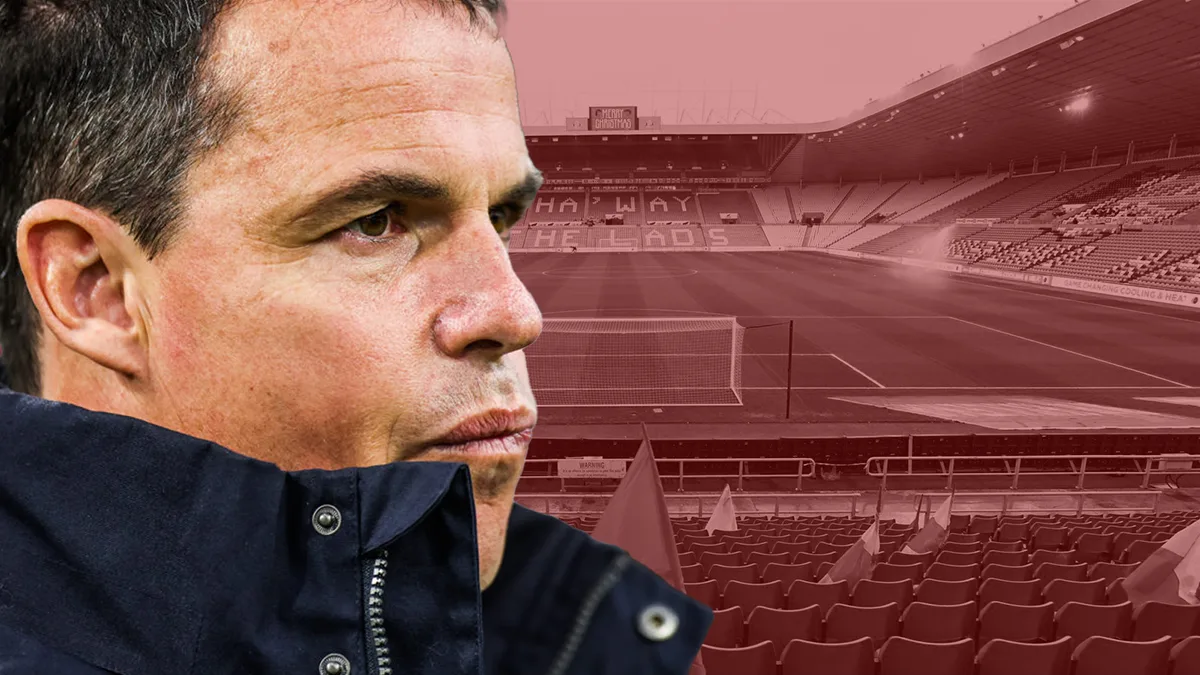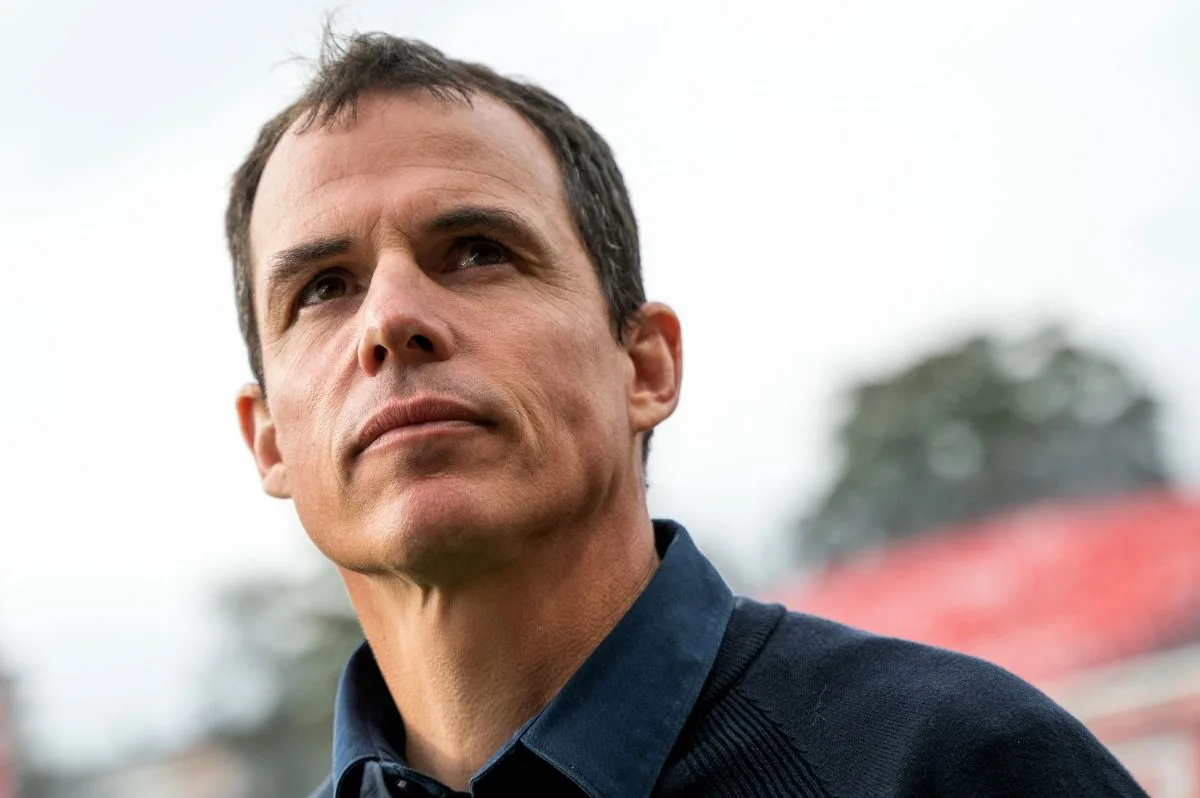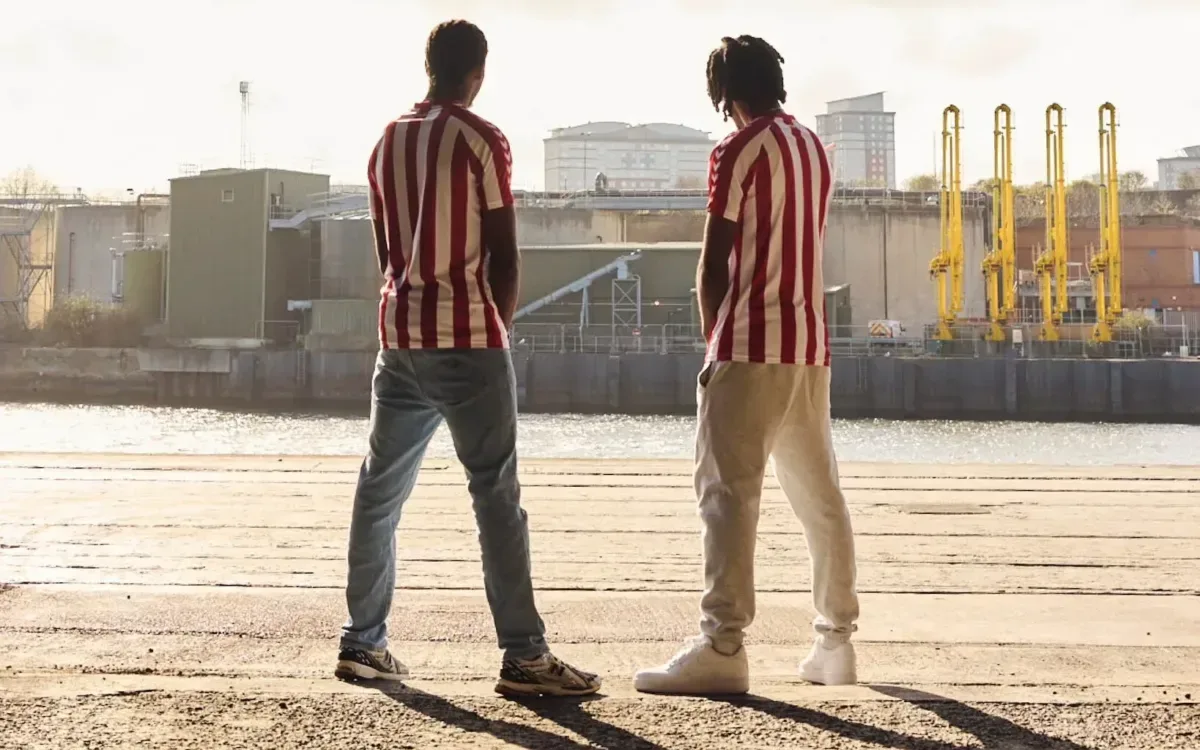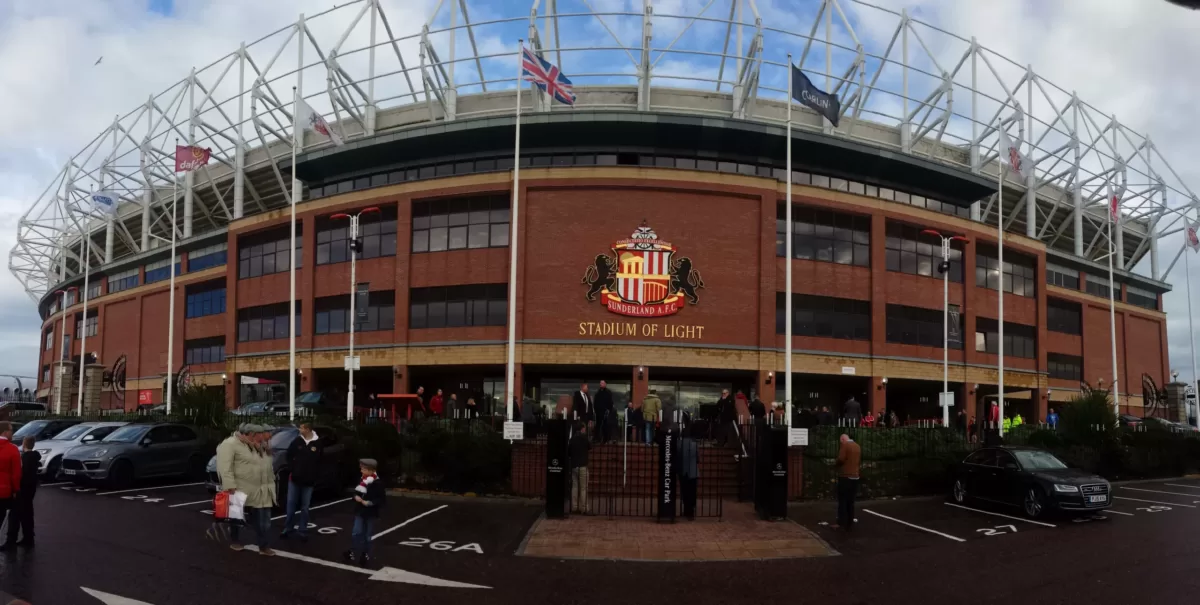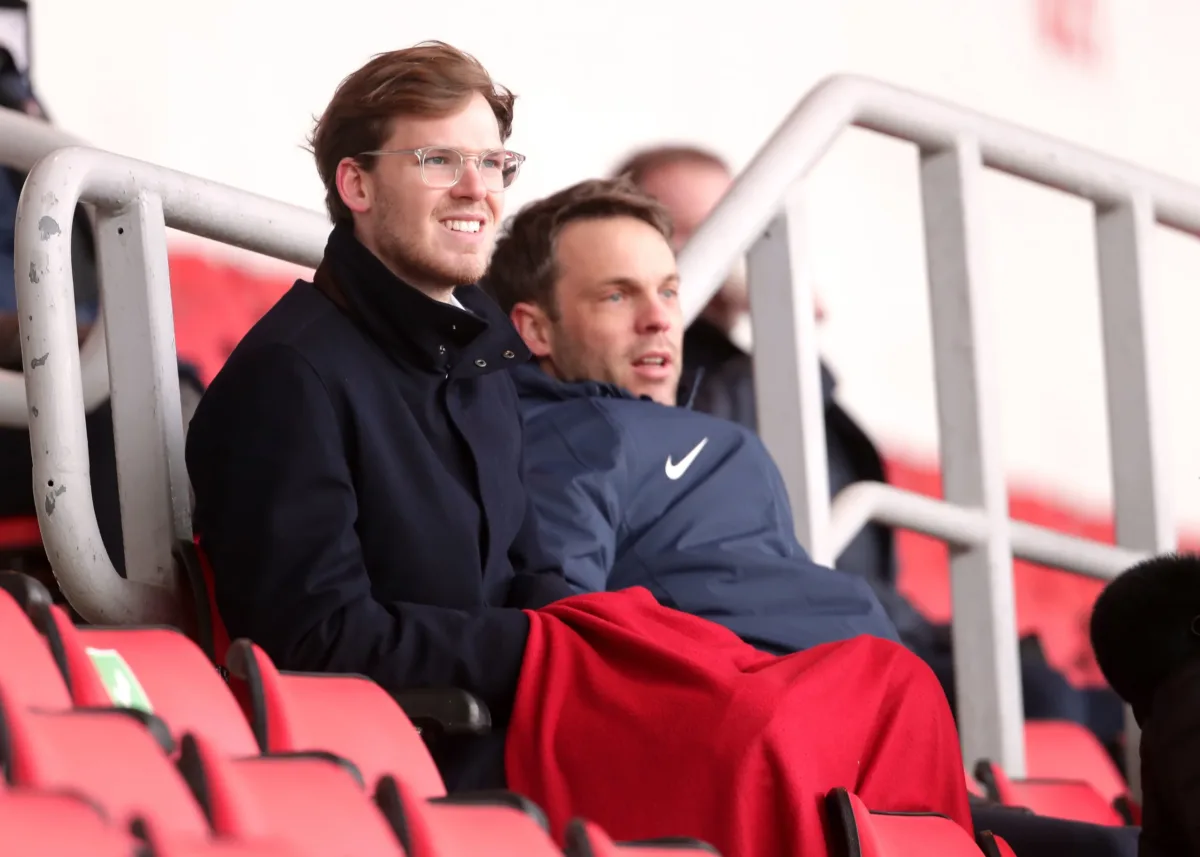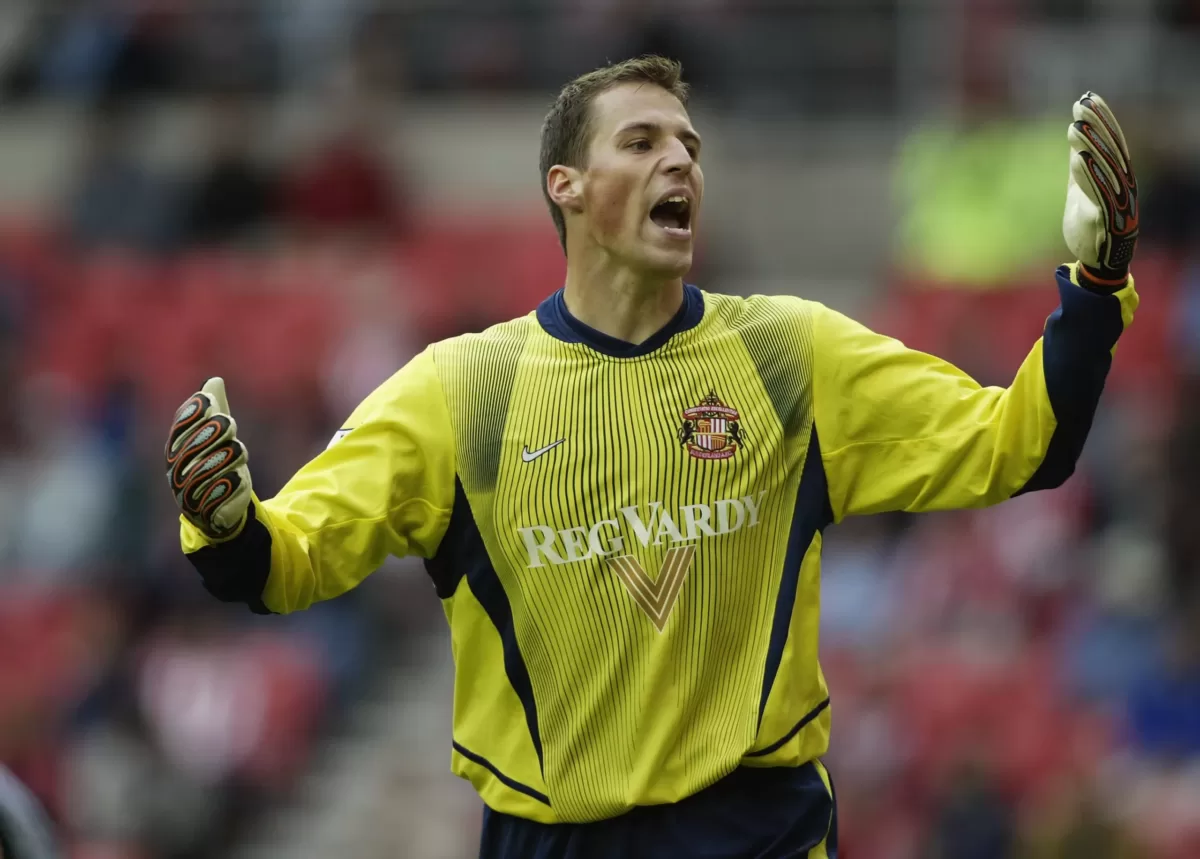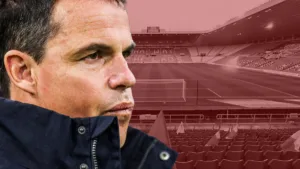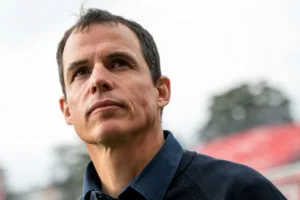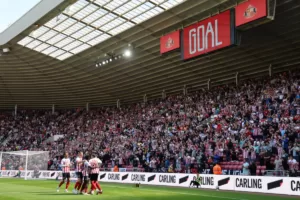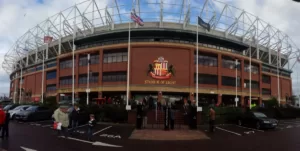This may sound like a fairytale, but once upon a time, Sunderland were within touching distance of the top of the FA Carling Premiership.
For this tale, we go back to January 2001, where our heroes were sitting pretty in fourth having seen off Bradford City on Boxing Day 2000, closely followed by a hard-fought 2-2 draw at Arsenal a couple of days later.
Bob The Builder had successfully held off the challenge of Westlife for the race to Christmas number one. Now, Alex Ferguson always said that it was easy to win a title, but the trick is to retain it. And that’s exactly what Bob did, holding on to the top spot for a second week running. Westlife jettisoned.
With everyone’s favourite cartoon tradesman in the ascendancy, a real good time feeling spread across the land, no more so on Wearside where Peter Reid’s side were giving sides a right good hiding wherever we went.
Newly-promoted Ipswich Town were one place ahead of the Black Cats, and Sky Sports selected our New Year’s Day showdown for live broadcast.
Sunderland had briefly flirted with the top end of the Premiership a season earlier, but there was a real opportunity to actually top the division for the first time in 20 years – to do this, beating George Burley’s Tractor Boys was essential.
With the Stadium of Light newly extended for this season – the upper tier of the North Stand added around 7,000 seats – attendances were up, and 46,053 hardy souls beat the overnight frost and dutifully clacked through the turnstiles.
It could not have started in worse fashion for Sunderland however, as Marcus Stewart beat the offside trap and slotted past Thomas Sorensen with five minutes on the clock.
Julio Arca was our big signing the summer before, the Argentinian winger coming over from Argentinos Juniors for £3.5m, and the youngster had shown flashes of his quality across the season. This quality was proven once more 25 minutes in when Julio curled in an absolute peach of a free-kick past Richard Wright.
Honours even going in at the break, Sunderland put on a real show in the second half as Kevin Phillips put the Black Cats into the lead on 57 minutes and Danny Dichio increased that lead six minutes later, before Stefan Schwarz completed the victory three minutes from time.
It was a devastating display, but no surprise to Sunderland fans at the time. Reid’s sides were never ones to nick a goal and sit back on their lead. When they could smell blood, they would destroy teams.
This buccaneering style came through during the 105-point Division One winning season in 1998-99 and Reid continued it into the following campaign as we finished seventh in the table at our first attempt.
Third in the table after putting Ipswich to one side, it got even better – a 2-0 win at West Ham United elevated Sunderland to second.
The team that day: Sorensen; Makin, Craddock (Varga), Thome, Gray; Hutchison, Rae, McCann (Williams), Arca (Schwarz); Dichio, Phillips.
At this point, there was genuine belief on Wearside that, with the right signings during the transfer window, we could maintain this for the rest of the season. Champions League football was on the cards, the Stadium of Light had planning permission to be extended further.
But that was as good as it got. As January came to a close, a 1-0 defeat at Manchester United started a winless run that stretched into March. After the West Ham victory, Sunderland would only win three more games. There was no European qualification as they finished seventh.
The badly-needed strengthening never happened – our only signing in the second half of the season (there were no transfer windows at this point) was Patrice Carteron in March, the right-back coming in on loan until the end of the campaign.
The reasons for this lack of activity still remains a mystery. Many point to the shiny new North Stand extension eating into the transfer budget, but with the increased gate receipts doing a grand job of offsetting that investment, any businessman at this point knows that investment in the team would have brought its rewards.
Others point to the stubbornness of the club’s manager. Peter Reid had failed to bring in players during his side’s last stint in the top flight in 1997 despite there being ample funds available. Notoriously single-minded, Reid may have simply thought his side needed no improvement.
Whatever went on, the slide down the table in the back end of this season was the beginning of the end for Peter Reid. Under Reid, Sunderland finished a lowly 17th the next year, and a poor start to the 2002-3 season brought an end to the Liverpudlian’s time on Wearside. As we know, he was replaced by the dynamic duo of Howard Wilkinson and Steve Cotterill, an unmitigated disaster which led to Mick McCarthy guiding us through the final eight games of that campaign as we finished with 19 points, rock bottom of the league.
Ipswich, meanwhile, fared better initially – that year, they finished fifth, above Sunderland, and nicked a European spot. However, the rigours of a UEFA Cup campaign alongside Premiership fixtures proved to be too much for the Tractor Boys to handle, and they were relegated the following season – qualifying for Europe again via the Fair Play League. They have never returned to the top flight.
Through researching this piece, there is one startling parallel to be drawn. When Sunderland came away from Upton Park second in the division, Limp Bizkit had rocketed to the top of the charts with Rollin’, having already scored a number one with their album Chocolate Starfish and the Hot Dog Flavored Water.
And, just like Sunderland, that was as good as it got for Limp Bizkit.
They haven’t dropped as far as League One, but their career peaked in January 2001. With charismatic red-capped frontman Fred Durst at the helm, they failed to hit the top of the charts with subsequent releases. A number 6 for My Way later that year was as good as it got.
Their follow-up album New Old Songs peaked at 76, and while there was a top 10 with 2003’s Results May Vary, success has largely eluded them since.
Their latest album, Still Sucks, was released this month after a ten-year hiatus. It reached 78 in the album charts on Sunday. A week earlier, Sunderland were dumped out of the FA Cup by League Two Mansfield Town.
Still Sucks? Yep, you’re absolutely right.









